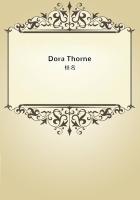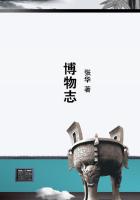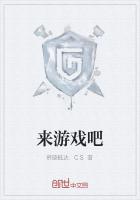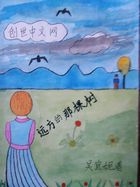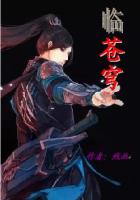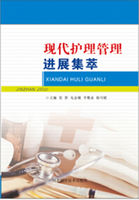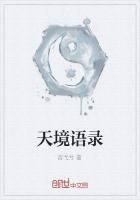I.
When Hakon Vang said his prayers at night, he usually finished with these words: "And I thank thee, God, most of all, because thou madest me a Norseman, and not a German or an Englishman or a Swede."To be a Norseman appears to the Norse boy a claim to distinction.
God has made so many millions of Englishmen and Russians and Germans, that there can be no particular honor in being one of so vast a herd; while of Norsemen He has made only a small and select number, whom He looks after with special care; upon whom He showers such favors as poverty and cold (with a view to keeping them good and hardy), and remoteness from all the glittering temptations that beset the nations in whom He takes a less paternal interest. Thus at least reasons, in a dim way, the small boy in Norway; thus he is taught to reason by his parents and instructors.
As for Hakon Vang, he strutted along the beach like a turkey-cock, whenever he thought of his glorious descent from the Vikings--those daring pirates that stole thrones and kingdoms, and mixed their red Norse blood in the veins of all the royal families of Europe. The teacher of history (who was what is called a Norse-Norseman) had on one occasion, with more patriotic zeal than discretion, undertaken to pick out those boys in his class who were of pure Norse descent; whose blood was untainted by any foreign admixture. The delighted pride of this small band made them an object of envy to all the rest of the school.
Hakon, when his name was mentioned, felt as if he had added a yard to his height. Tears of joy started to his eyes; and to give vent to his overcharged feelings, he broke into a war-whoop;for which he received five black marks and was kept in at recess.
But he minded that very little; all great men, he reflected, have had to suffer for their country.
What Hakon loved above all things to study--nay, the only thing he loved to study--was the old Sagas, which are tales, poems, and histories of the deeds of the Norsemen in ancient times. With eleven of his classmates, who were about his own age and as Norse as himself, he formed a brotherhood which was called "The Sons of the Vikings." They gave each other tremendously bloody surnames, in the style of the Sagas--names that reeked with gore and heroism. Hakon himself assumed the pleasing appellation "Skull-splitter," and his classmate Frithjof Ronning was dubbed Vargr-i-Veum, which means Wolf-in-the-Temple. One Son of the Vikings was known as Ironbeard, another as Erling the Lop-Sided, a third as Thore the Hound, a fourth as Aslak Stone-Skull. But a serious difficulty, which came near disrupting the brotherhood, arose over these very names. It was felt that Hakon had taken an unfair advantage of the rest in selecting the bloodiest name at the outset (before anyone else had had an opportunity to choose), and there was a general demand that he should give it up and allow all to draw lots for it. But this Hakon stoutly refused to do; and declared that if anyone wanted his name he would have to fight for it, in good old Norse fashion.
A holm-gang or duel was then arranged; that is, a ring was marked out with stones; the combatants stepped within it, and he who could drive his antagonist outside of the stone ring was declared to be the victor. Frithjof, who felt that he had a better claim to be named Skull-Splitter than Hakon, was the first to accept the challenge; but after a terrible combat was forced to bite the dust. His conqueror was, however, filled with such a glowing admiration of his valor (as combatants in the Sagas frequently are), that he proposed that they should swear eternal friendship and foster-brotherhood, and seal their compact, according to Norse custom, by the ceremony called "Mingling of Blood." It is needless to say that this seemed to all the boys a most delightful proposition; and they entered upon the august rite with a deep sense of its solemnity.
First a piece of sod, about twelve feet square, was carefully raised upon wooden stakes representing spears, so as to form a green roof over the foster-brothers. Then, sitting upon the black earth, where the turf had been removed, they bared their arms to the shoulder, and in the presence of his ten brethren, as witnesses, each swore that he would regard the other as his true brother and love him and treat him as such, and avenge his death if he survived him; in solemn testimony of which each drew a knife and opened a vein in his arm, letting their blood mingle and flow together. Hakon, however, in his heroic zeal, drove the knife into his flesh rather recklessly, and when the blood had flowed profusely for five minutes, he grew a trifle uneasy.
Frithjof, after having bathed his arm in a neighboring brook, had no difficulty in stanching the blood, but the poor Skull-Splitter's wound, in spite of cold water and bandages, kept pouring forth its warm current without sign of abatement. Hakon grew paler and paler, and would have burst into tears, if he had not been a "Son of the Vikings." It would have been a relief to him, for the moment, not to have been a "Son of the Vikings."For he was terribly frightened, and thought surely he was going to bleed to death. The other Vikings, too, began to feel rather alarmed at such a prospect; and when Erling the Lop-Sided (the pastor's son) proposed that they should carry Hakon to the doctor, no one made any objection. But the doctor unhappily lived so far away that Hakon might die before he got there.
"Well, then," said Wolf-in-the Temple, "let us take him to old Witch-Martha. She can stanch blood and do lots of other queer things.""Yes, and that is much more Norse, too," suggested Thore the Hound; "wise women learned physic and bandaged wounds in the olden time. Men were never doctors.""Yes, Witch-Martha is just the right style," said Erling the Lop-Sided down in his boots; for he had naturally a shrill voice and gave himself great pains to produce a manly bass.

